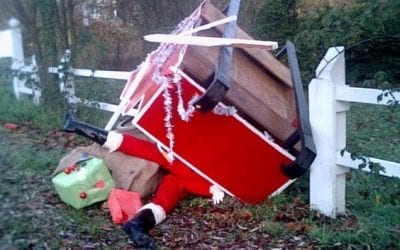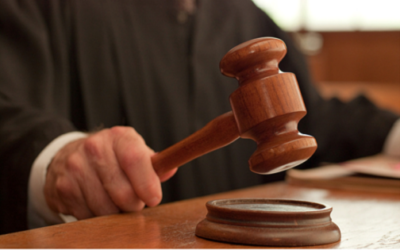Do you know if your company is solvent? If it’s insolvent and you continue to trade, you could be in breach of the Companies Act. If the company can’t pay its bills, creditors could seek recovery directly from you personally.
The building industry is chocka of small businesses, as well as individual tradesmen operating as contractors through a limited company. Regardless of the size of your operation, as a director, you have a responsibility to act in the best interests of the company.
There are two sections of the Companies Act 1993 that are particularly relevant, and all company directors should be well aware of them:
135 Reckless trading
A director of a company must not—
- agree to the business of the company being carried on in a manner likely to create a substantial risk of serious loss to the company’s creditors; or
- cause or allow the business of the company to be carried on in a manner likely to create a substantial risk of serious loss to the company’s creditors.
136 Duty in relation to obligations
- A director of a company must not agree to the company incurring an obligation unless the director believes at that time on reasonable grounds that the company will be able to perform the obligation when it is required to do so.
- If your company is forced into liquidation, it is a good bet the liquidator will want to know if the business had been trading while insolvent. If so, they are very likely to take a close look at the directors, with a view to recovering any debts the company owes from the directors personally.
Do you know if your business is solvent?
Solvency means the company is able to pay its debts as they come due.
- If the value of its assets is less than the value of its liabilities, your company is insolvent.
- If your business is not able to pay its creditors when the debts fall due, your company is insolvent.
In either case, you should not be taking on any new obligations (such as new customers or creditors) and should seek professional advice immediately. We know from experience that many building companies do operate while technically insolvent. And while this may not be a problem for the day-to-day running of the business, it does place liability upon the directors personally if the company gets into trouble.
As a company director or officer, you could also be personally responsible for health & safety failures.
The upcoming reform of health & safety legislation is putting more responsibility on company directors and managers. Under the proposed Health & Safety Reform Bill, company directors must ensure that the company has, and implements, appropriate health and safety processes. Failure to do so could see the director (or any officer of the company found responsible) face prison time and/or a substantial fine.
What insurance is available to protect company directors from their personal liability?
Following cases like Pike River, Easy Rider, and the big finance company collapses, company directors are increasingly being targeted in legal action to recover the losses suffered by employees, customers and creditors of the company. And the construction sector is no exception, particularly when it comes to money owed to creditors or clients, or for breaches of health & safety law.
As a company director, if you are accused of a breach of your responsibilities, you may face substantial legal bills just to defend yourself. Directors & officers (D&O) liability insurance pays your legal defence costs if you are accused of failing in your duties and taken to court personally. We recommend you speak to an insurance professional to discuss your situation and find out more about the protection D&O cover can give you as a company director.




